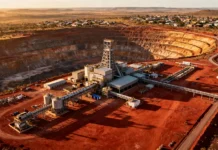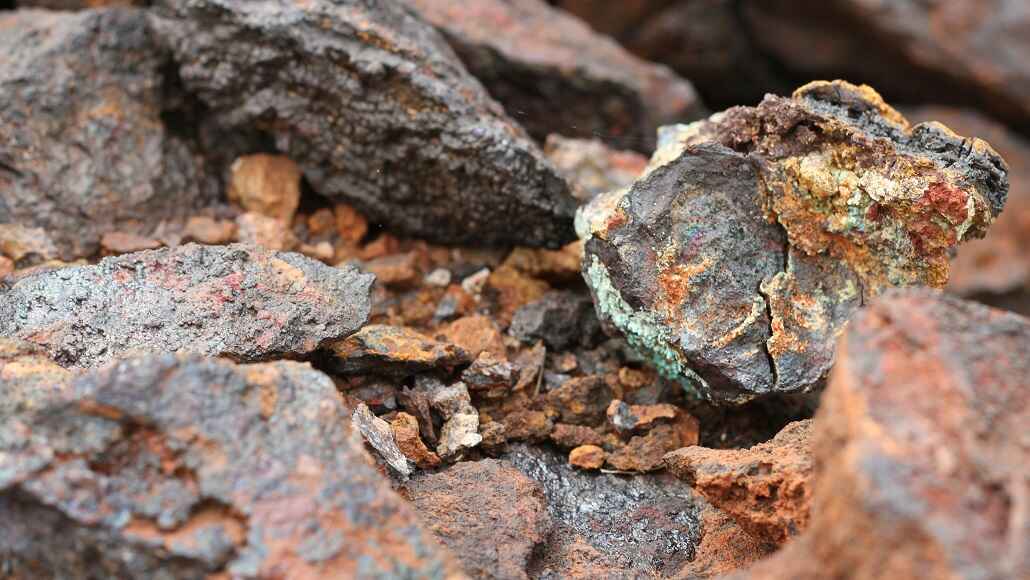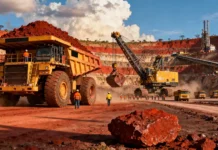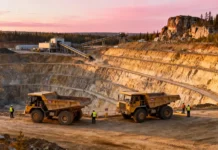This is Hillary Clinton $30bn plan to save coal miners
US Democratic presidential candidate and former Secretary of State, Hillary Clinton, doesn’t believe in coal mining, but she is willing to spend $30 billion on a plan aimed at revitalizing communities dependent on production of the fossil fuel.
The program, revealed Thursday, is part of Clinton’s broader agenda on clean energy. So no, it does not support the mining of the resource, but it does intend to help coal miners, a unionized group, as they will be the most affected by any closings of coal-fired power plants, given the new Environmental Protection Agency’s (EPA) regulations put in place by the Obama administration.
“Today we are in the midst of a global energy transition,” the Plan For Revitalizing Coal Communities says, citing the rise of natural gas and renewable energy. “We can’t ignore the impact this transition is already having on mining communities, or the threat it poses to the healthcare and retirement security of coalfield workers and their families.”
She would use federal money to generate economic development through building infrastructure, expanding broadband access and giving tax breaks for new investment in communities hit by a decline in coal production.
Clinton said she would use federal money to generate economic development through building infrastructure, expanding broadband access and giving tax breaks for new investment in communities hit by a decline in coal production, such as many towns in Appalachia, the Illinois Basin, and the Western coal areas.
“Building a 21st century clean energy economy in the United States will create new jobs and industries, deliver important health benefits, and reduce carbon pollution,” according to the campaign’s fact sheet.
The text also says that Clinton would fight coal companies that she says use bankruptcy proceedings to shirk health-care and pension commitments to retirees and overhaul the troubled black-lung benefit program so it properly awards benefits due.
Public enemy No.1
Republicans were quick to fire back, calling her “the public enemy No.1 for coal miners and their communities,” as she supports the EPA agenda aimed to reduce the role of coal-fired power, which is crippling their way of life.
“If Hillary Clinton were truly on the side of coal country, she would stand up to extreme anti-energy environmentalists that run the Democrat Party instead of embracing their agenda that is killing jobs and driving up costs,” Republican National Committee spokesman Michael Short said in a statement.
Three major coal miners filed for bankruptcy protection this year: Patriot Coal, Alpha Natural Resources and Walter Energy.
And this week, Arch Coal said it was talking to creditors about restructuring its balance sheet.
Eight years ago, Clinton ran as a champion of coal, beating then-Illinois Sen. Barack Obama in the Ohio and Pennsylvania primaries.
The coal industry, particularly in the U.S., has struggled to keep pace with the natural gas boom and gradually affordable renewable energy sources.
Currently, coal accounts for one-third of the country’s power generation and domestic consumption has dropped by 25% in the past 10 years. What’s more worrisome, according to latest estimates renewable energy is on track to surpass coal as the largest source of electricity generation by 2030.






















